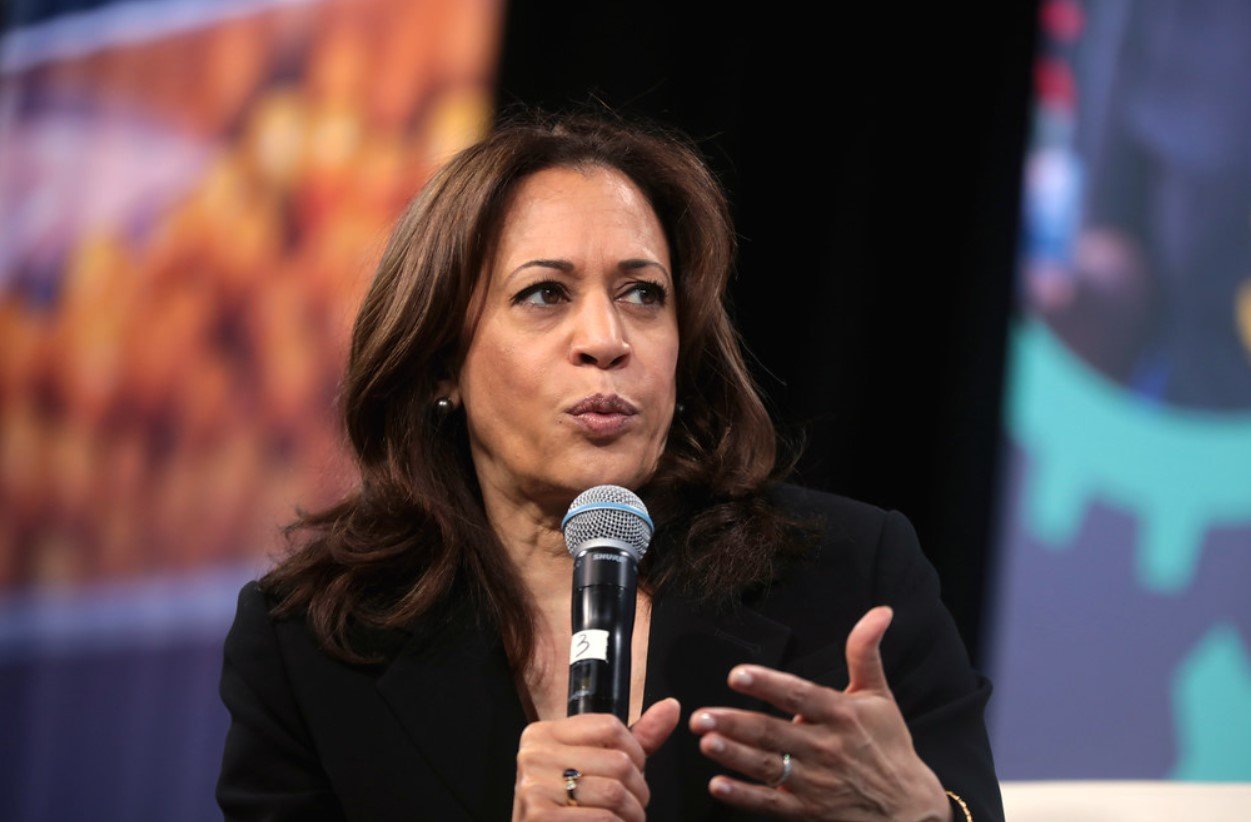Billionaire entrepreneur Mark Cuban has recently taken to social media to express his support for Vice President Kamala Harris’ economic proposals while raising questions about former President Donald Trump’s plans. Cuban’s comments have sparked a lively debate, highlighting the contrasting approaches of the two political figures as they gear up for the 2024 election. Harris’ plans focus on tackling price gouging and providing financial assistance to first-time homebuyers, while Trump emphasizes tariffs and rapid inflation control.
Cuban Endorses Harris’ Economic Proposals
Mark Cuban has been vocal in his support for Kamala Harris’ economic initiatives. He believes that her proposals, such as banning price gouging and offering a $25,000 subsidy for first-time homebuyers, are practical solutions to current economic challenges. Cuban argues that these measures will help stabilize the market and provide much-needed relief to consumers. He has also praised Harris for her focus on transparency in healthcare and regulatory clarity, which he sees as beneficial for small businesses and entrepreneurs.

Cuban’s endorsement of Harris’ plans is significant, given his influence in the business community. His support could sway public opinion and garner more backing for Harris’ proposals. Cuban’s comments have also sparked discussions about the effectiveness of these measures and their potential impact on the economy. While some critics argue that these proposals may not be sufficient to address the root causes of economic issues, Cuban remains optimistic about their potential benefits.
In addition to his praise for Harris, Cuban has also highlighted the importance of addressing price gouging, particularly in the grocery sector. He believes that banning this practice will help lower costs for consumers and ensure fair pricing. Cuban’s support for Harris’ economic plans underscores his commitment to finding practical solutions to the nation’s economic challenges.
Questions Raised About Trump’s Economic Plans
While Cuban has praised Harris’ proposals, he has been critical of Donald Trump’s economic plans. Cuban has raised several questions about the feasibility and effectiveness of Trump’s proposals, particularly his plan to eliminate federal taxes on tips and impose tariffs on imports. Cuban argues that these measures could have unintended consequences and may not achieve the desired outcomes.
Cuban has also expressed skepticism about Trump’s plan to tackle inflation within the first 100 days of his presidency. He believes that the plan lacks specificity and relies too heavily on bureaucratic processes. Cuban has pointed out that simply instructing government agencies to address inflation may not be enough to bring about meaningful change. He has called for more detailed and actionable plans to address the issue.
In addition to his concerns about inflation, Cuban has also questioned the impact of Trump’s proposed tariffs on the economy. He argues that tariffs could lead to higher prices for consumers and negatively affect businesses that rely on imported goods. Cuban’s criticism of Trump’s economic plans highlights the need for more comprehensive and well-thought-out strategies to address the nation’s economic challenges.
The Debate Continues
The contrasting views of Mark Cuban on Kamala Harris’ and Donald Trump’s economic plans have sparked a broader debate about the best approach to address the nation’s economic challenges. Supporters of Harris argue that her proposals offer practical solutions that can provide immediate relief to consumers and stabilize the market. They believe that measures such as banning price gouging and providing financial assistance to first-time homebuyers are essential steps toward economic recovery.
On the other hand, critics of Harris’ plans argue that they may not be sufficient to address the underlying issues driving economic instability. They believe that more comprehensive and long-term strategies are needed to achieve sustainable economic growth. The debate over the effectiveness of Harris’ proposals continues, with both sides presenting compelling arguments.
Meanwhile, Trump’s supporters argue that his focus on tariffs and rapid inflation control is necessary to protect American businesses and consumers. They believe that these measures will help boost the economy and create jobs. However, critics of Trump’s plans argue that they may lead to higher prices and economic uncertainty. The debate over the best approach to address the nation’s economic challenges is likely to continue as the 2024 election approaches.
































